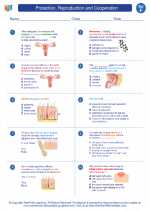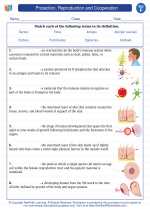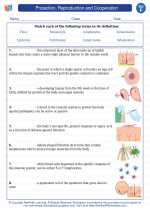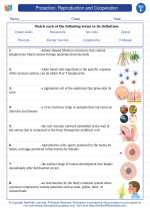Habitat Destruction and Fragmentation
Habitat destruction and fragmentation are major environmental issues that can have significant impacts on ecosystems and biodiversity. Understanding these concepts is important for understanding the conservation and preservation of natural habitats.
Habitat Destruction
Habitat destruction refers to the process by which natural habitats are altered, disrupted, or destroyed. This can occur through human activities such as deforestation, urbanization, mining, and agriculture. When habitats are destroyed, the plants and animals that depend on those habitats for survival are affected.
Fragmentation
Fragmentation occurs when large, continuous habitats are divided into smaller, isolated patches. This can happen as a result of habitat destruction or due to natural processes such as the construction of roads or barriers. Fragmentation can lead to isolation of populations, loss of genetic diversity, and limited access to resources.
Impacts
Habitat destruction and fragmentation can have several negative impacts on ecosystems and biodiversity, including:
- Loss of habitat for plants and animals
- Disruption of ecological processes
- Loss of biodiversity
- Increased vulnerability to invasive species
- Reduced connectivity between habitats
Study Guide
Here are some key points to remember when studying habitat destruction and fragmentation:
- Define habitat destruction and fragmentation
- Identify human activities that contribute to habitat destruction
- Explain the impacts of habitat destruction and fragmentation on ecosystems and biodiversity
- Discuss the importance of conservation and preservation of natural habitats
◂Science Worksheets and Study Guides Sixth Grade. Protection, Reproduction and Cooperation

 Worksheet/Answer key
Worksheet/Answer key
 Worksheet/Answer key
Worksheet/Answer key
 Vocabulary/Answer key
Vocabulary/Answer key
 Vocabulary/Answer key
Vocabulary/Answer key
 Vocabulary/Answer key
Vocabulary/Answer key
